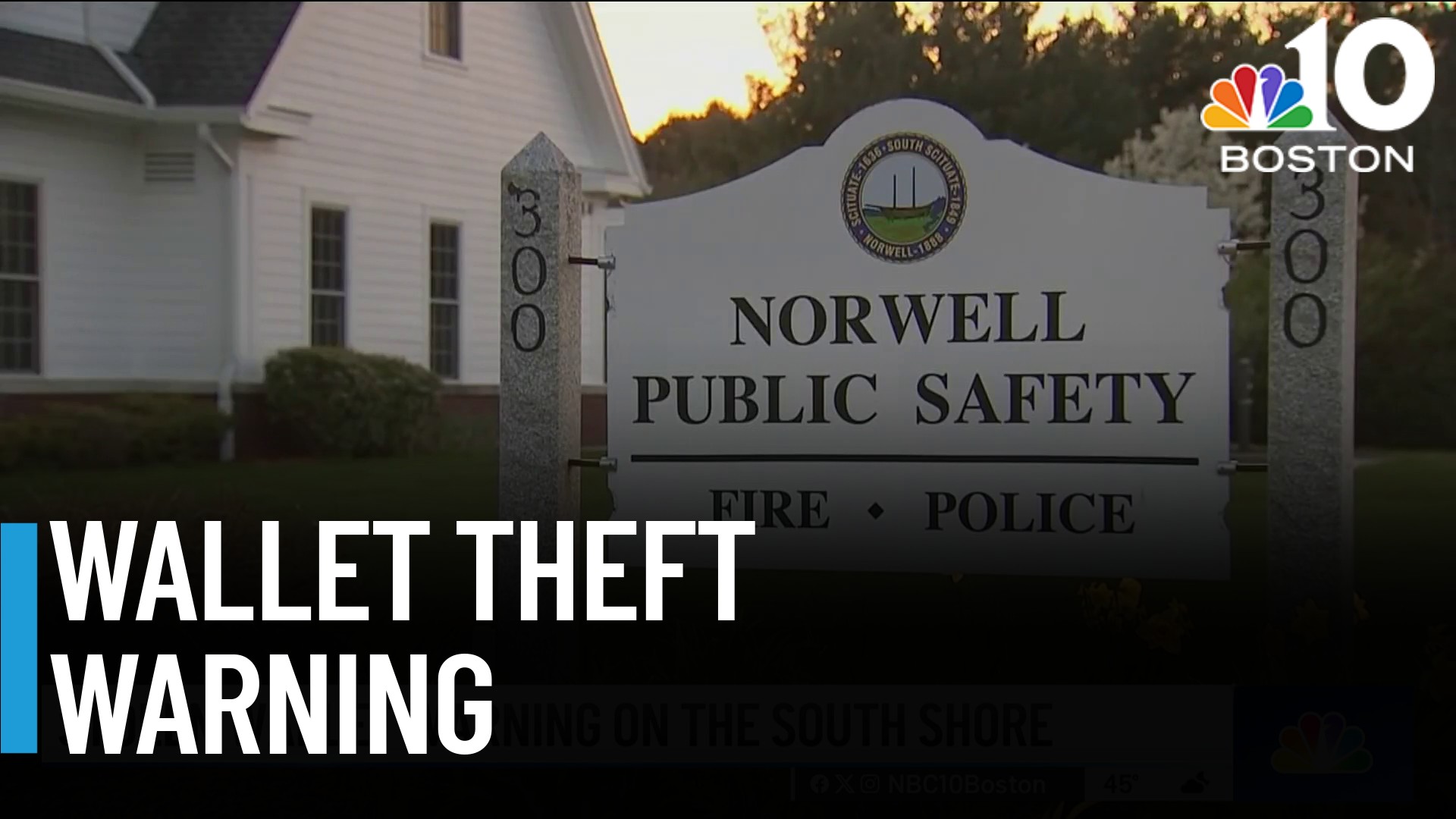Around much of the United States, there’s a legal precedent called “the baseball rule” that holds that fans, by their presence at the game, are accepting all risks of being hit by a ball or flying bat – the tragedy that befell Tonya Carpenter, 44, of Paxton, Mass., Friday night at Fenway Park.
"People know that there is risk when you are watching a game, that things like that can happen, and you have to be aware," Sox fan Sarah Cooper of Andover, Mass., said in an interview outside Fenway Monday, adding that she hopes Carpenter will make a speedy and full recovery. Billy Alford, visitng from Forest, Miss. Agreed with both of those sentiments: “When you come to a baseball game you've got to expect all the action and if a bat comes in the stands -- I don't know, you took that chance when you came. Of course, I feel badly for that family and if it was one of my family members, I might feel different about what I just said."
On Monday night, the Boston Red Sox released a statement in response to inquiries about ballpark safety:
The back of every Red Sox ticket stub says, in exceedingly small print: “The holder of this ticket voluntarily assumes all risks and danger of property loss and personal injury incidental to the game of baseball and related activities at Fenway Park, including specifically [but not exclusively] those relating to the structure and conditions of Fenway Park, and the danger of being injured by thrown or flying objects including bats and balls.”
In Massachusetts, though, it's not that simple, said Jeff Catalano, a personal injury plaintiffs' lawyer, partner with Todd & Weld, and treasurer of the Massachusetts Bar Association.
"Massachusetts abolished assumption of the risk defenses so a lot of people still think whatever's written on the back of.a ticket means they've assumed the risk of being hit by a ball or a bat. That's not really true, because that was abolished’’ back in 1974. “Massachusetts has reinforced a separate theory called ‘duty to remedy.’ What that means is, if a landowner is aware of and/or creates an unsafe condition on his property – in this case, if the ballpark were to be aware of an unsafe condition or unsafe design -- one would have the ability to pursue a claim under that theory, even if -- even if -- it's considered an open and obvious risk of going to a ball park that you might get hit by a bat or a ball. And I would think that being hit by a bat is less of an ‘open and obvious’ risk than getting hit by a foul ball.’’
Massachusetts
The latest news from around the state
Catalano said he could envision the Carpenter accident leading the Sox to reevaluate whether they should extend their mesh netting behind home plate farther down the first and third baselines to protect fans close to the foul lines from flying balls and bats. "You have to understand what obligation there may be to protect those fans whom you're bringing closer to the action. You have baseballs coming at them at over 100 miles an hour off the bat,’’ Catalano said. "Shattered bats are almost impossible to catch. It's like a rotating sword. It has in fact caused puncture wounds to ballplayers."
While many states honor it, Georgia is one state that has explicitly rejected “the baseball rule” and given fans who get injured in the stands the right to sue. “There's the baseball rule, but I don't think it's a precedent in Massachusetts by any means. I think the court would look at each case individually, look at each theory of negligence individually."



